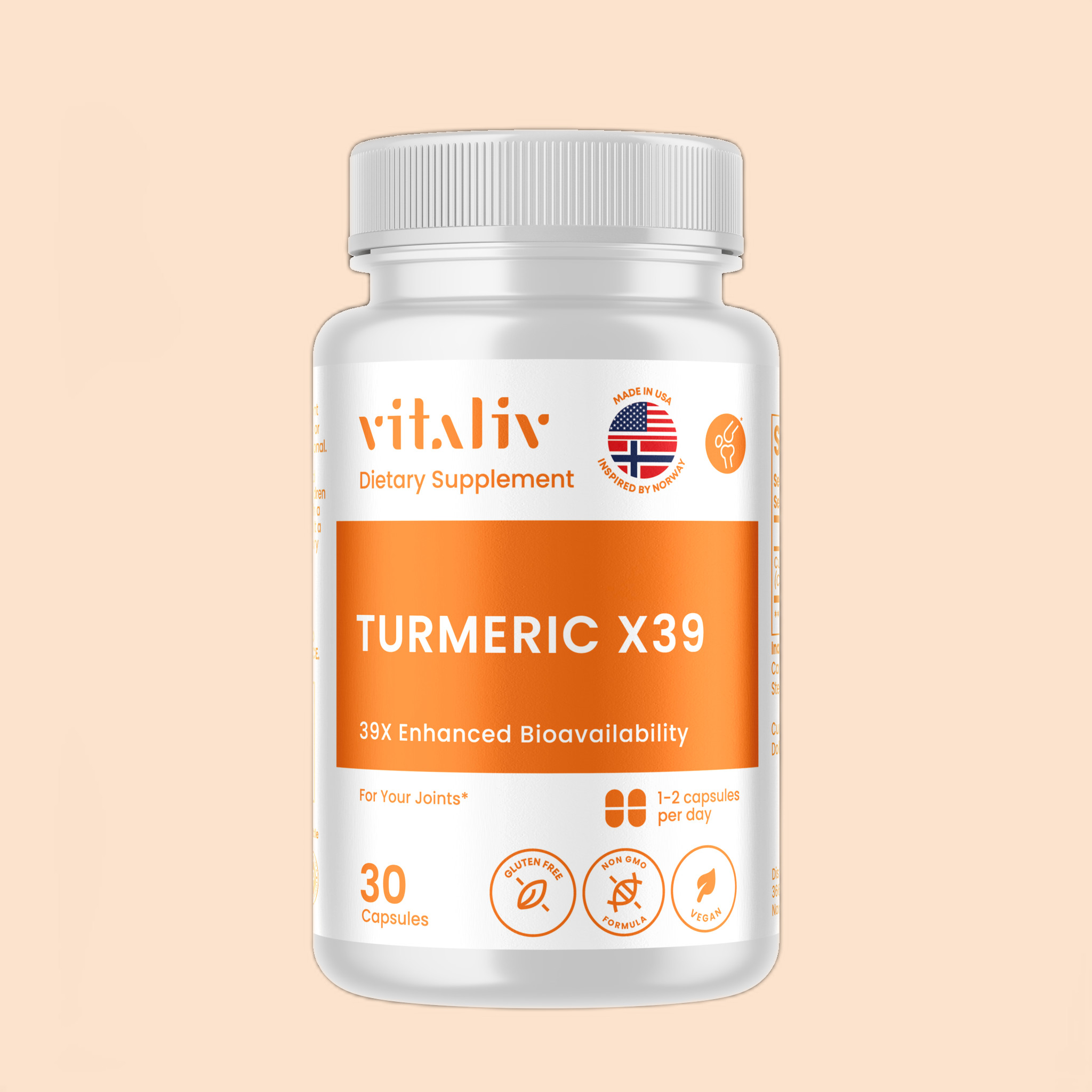Understanding Chronic Pain
Living with chronic pain can be a daily struggle, affecting every aspect of your life. In this article, we will explore the root causes of chronic pain and provide practical tips to help you manage and alleviate your pain. Taking a holistic approach is crucial in addressing chronic pain, as it involves understanding the various factors that contribute to its development and implementing lifestyle changes that promote overall well-being.
The Role of Inflammation in Chronic Pain
Chronic inflammation is often a key factor in persistent pain. It occurs when the body’s immune system becomes overactive, leading to tissue damage and ongoing pain. Diet, stress, and lifestyle choices can all contribute to chronic inflammation.
To reduce inflammation, consider incorporating the following tips into your daily routine:
- Eat an anti-inflammatory diet rich in fruits, vegetables, whole grains, and healthy fats such as olive oil and fatty fish.
- Avoid processed foods, sugary snacks, and beverages high in added sugars, as they can promote inflammation.
- Incorporate natural remedies with anti-inflammatory properties, such as turmeric and ginger, into your diet.
- Engage in stress-reducing activities like yoga, meditation, or deep breathing exercises to help manage inflammation.
Product Spotlight
Aggregate Rating
Our Rating
Turmeric X39 is a breakthrough for joint health. With its powerful Curcugen formula, it offers maximum absorption, relieves joint inflammation, supports healthy joints and cartilage, boosts the immune system, and provides antioxidant support. Say goodbye to joint discomfort and embrace vitality!
Impact of Musculoskeletal Issues on Chronic Pain
Musculoskeletal conditions, such as arthritis and back pain, are common causes of chronic pain among 40-60 year olds. These conditions can significantly impact your quality of life, making it essential to take proactive steps to manage them.
Consider the following strategies:
- Maintain a healthy weight: Excess weight puts additional stress on your joints, exacerbating musculoskeletal pain. Focus on adopting a balanced diet and incorporating regular physical activity to achieve and maintain a healthy weight.
- Engage in regular exercise: Low-impact exercises like swimming, cycling, and walking can help strengthen muscles, improve flexibility, and reduce pain associated with musculoskeletal conditions.
- Consider physical therapy: Working with a physical therapist can provide targeted exercises and techniques to alleviate pain and improve mobility.
The Role of Stress and Mental Health in Chronic Pain
Stress and mental health play a significant role in the development and management of chronic pain. When you’re stressed, your body releases stress hormones that can increase inflammation and amplify pain signals. To manage stress and improve your overall well-being, consider the following techniques:
- Practice mindfulness: Engaging in mindfulness exercises, such as meditation or deep breathing, can help reduce stress and promote relaxation.
- Seek therapy or counseling: Talking to a mental health professional can provide valuable support and help you develop coping mechanisms for managing stress and pain.
- Prioritize self-care: Take time for activities that bring you joy and help you relax. Whether it’s reading a book, taking a bath, or spending time in nature, self-care is essential for managing chronic pain.
The Influence of Lifestyle Choices on Chronic Pain
Your lifestyle choices can significantly impact your experience of chronic pain. Making positive changes in areas such as physical activity, sleep quality, and smoking habits can have a profound effect on pain management. Consider the following tips:
- Incorporate physical activity: Regular exercise releases endorphins, which are natural painkillers. Aim for at least 30 minutes of moderate exercise, such as brisk walking or cycling, most days of the week.
- Improve sleep quality: Establish a consistent sleep routine and create a sleep-friendly environment. Avoid caffeine and electronic devices before bed, and consider relaxation techniques to promote better sleep.
- Quit smoking: Smoking can worsen chronic pain conditions and hinder the body’s natural healing processes. Seek support from healthcare professionals or smoking cessation programs to quit smoking for good.
The Potential Benefits of Supplements and Natural Remedies
Supplements and natural remedies can play a supportive role in managing chronic pain. However, it’s crucial to consult with a healthcare professional before incorporating them into your routine. Some supplements that have shown potential in alleviating chronic pain include:
- Omega-3 fatty acids: Found in fatty fish, flaxseeds, and walnuts, omega-3 fatty acids have anti-inflammatory properties that may help reduce pain and inflammation.
- Turmeric: This spice contains curcumin, a compound with potent anti-inflammatory effects. Consider adding turmeric to your meals or taking a curcumin supplement after consulting with a healthcare professional.
The Importance of Seeking Professional Guidance
While self-care practices and lifestyle changes can be beneficial, it’s essential to seek professional guidance for personalized treatment plans. Healthcare providers and specialists can offer valuable insights and recommend specific interventions tailored to your unique needs. Additionally, working with health and wellness coaches specializing in chronic pain management can provide ongoing support and accountability.
Conclusion
Living with chronic pain is challenging, but by understanding the root causes and taking a holistic approach, you can regain control over your life. In this article, we have explored the role of inflammation, musculoskeletal issues, stress, lifestyle choices, and the potential benefits of supplements and natural remedies in managing chronic pain. Remember to consult with healthcare professionals, seek support from specialists, and take proactive steps to address your chronic pain. By prioritizing your well-being and making positive changes, you can experience a significant improvement in your quality of life.

